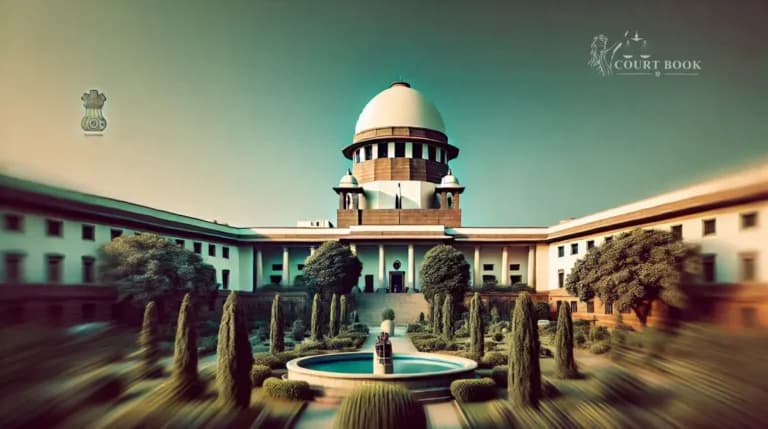The Supreme Court of India has ruled that excessive forfeiture clauses in builder-buyer agreements constitute an "unfair trade practice" under the Consumer Protection Act. The ruling comes as a major relief for homebuyers, reinforcing that earnest money forfeited upon cancellation must be reasonable and not punitive.
Background
A dispute arose regarding the enforceability of a one-sided forfeiture clause in an Apartment Buyer Agreement (ABA) between Godrej Projects Development Limited and homebuyers who had booked an apartment in the Godrej Summit project in Gurgaon, Haryana, in 2014. The homebuyers, after paying an amount of ₹51,12,310/-, later sought a full refund due to market recession and declining property prices.
Read Also - Supreme Court Rejects Gurmeet Ram Rahim's Plea to Halt 2015 Sacrilege Trials
The builder, invoking the forfeiture clause in the agreement, retained 20% of the earnest money. The homebuyers contested this, arguing that the forfeiture was excessive and amounted to a penalty under Section 74 of the Indian Contract Act, 1872.
The National Consumer Disputes Redressal Commission (NCDRC) ruled in favor of the homebuyers, stating that the builder could forfeit only 10% of the Basic Sale Price (BSP) and must refund the remaining amount with 6% interest per annum. Aggrieved by this order, Godrej Projects Development Limited appealed to the Supreme Court, arguing that the agreement explicitly allowed for a 20% forfeiture clause and should not have been interfered with.
A bench comprising Justices B.R. Gavai and S.V.N. Bhatti upheld the NCDRC’s ruling, affirming that a one-sided forfeiture clause is unfair and unenforceable under consumer protection laws. The court emphasized that homebuyers are often forced to sign agreements that favor developers, leaving them with no negotiating power.
"The term of a contract will not be final and binding if it is shown that the flat purchasers had no option but to sign on the dotted line, on a contract framed by the builder. The contractual terms are ex facie one-sided, unfair, and unreasonable." — Supreme Court (Pioneer Urban Land and Infrastructure Limited case reference)
The court cited several precedents, including Pioneer Urban Land and Infrastructure Limited v. Govindan Raghavan, Wing Commander Arifur Rahman Khan v. DLF Southern Homes, and Ireo Grace Realtech Private Limited v. Abhishek Khanna, to reinforce its stance on unfair trade practices.
This ruling is expected to have a significant impact on the real estate sector, particularly on builder-buyer agreements. Key implications include:
Developers must review their contracts to ensure forfeiture clauses are reasonable and balanced.
Homebuyers will have stronger legal backing when challenging unfair agreements.
Regulatory authorities may impose stricter norms on the drafting of apartment buyer agreements.
Increased transparency and fairness in the real estate market, fostering greater trust between buyers and developers.
Case Title: GODREJ PROJECTS DEVELOPMENT LIMITED VERSUS ANIL KARLEKAR & ORS.














